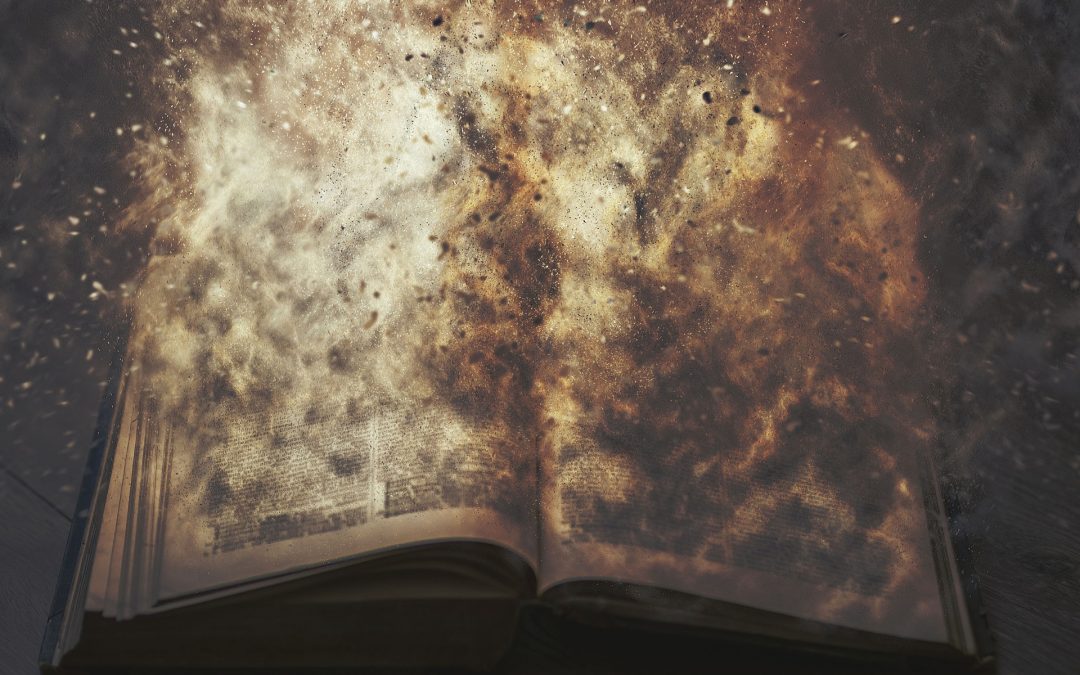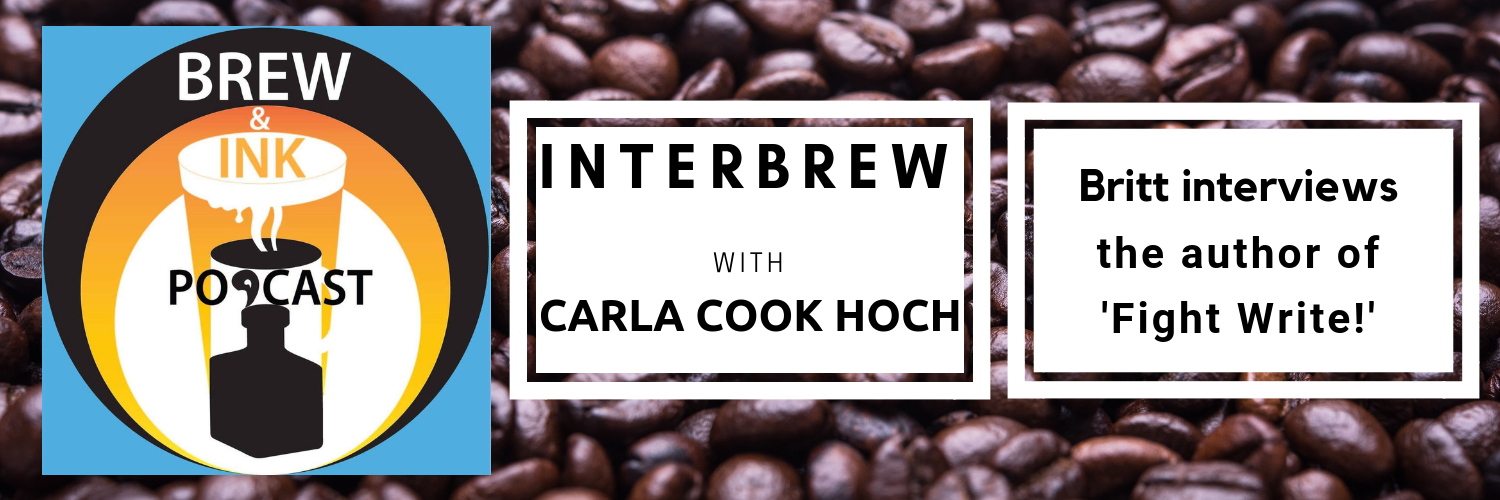
4 Tips for Getting Your Novel Started
Has the desire to write a novel been lurking in your subconscious for years, but you’re not sure how or where it will go?
Writing is an art form that can be both incredibly exciting and satisfying, yet also daunting at times. After all, there are many aspects involved with getting from start-to finish – writing characters’ stories; crafting dialogue so natural sounding they seem like someone else talking (or typing) right next door, and then finally Marketing yourself. But no worries: Serious Writer here with 4 Tips for Getting Your Novel Started:

Write Regularly
Most people think that writing a novel is easy, but it actually takes quite some time and effort to get everything down on paper. You have to figure out what your story’s about as well as how you’re going to tell them – there’s no magic bullet here! The key to writing is consistency.
So, how much time should you set aside for regular writing? This varies from person to person, but in general, it’s best if possible to try and get at least an hour or two every day. It could be as simple as waking up early (a famous method) before your kids wake up; grabbing that extra bit of alone-time during naptime when they’re sleeping soundly next door—or even just setting down pen gently onto paper anytime between 11 pm Friday night until Sunday morning around 2 am.
Expect Mistakes
Plenty of people start their first draft with great enthusiasm, but once they read through it again to make sure that everything makes sense and is well-written – these writers find themselves deleting a lot of the previous work. Don’t beat yourself up though
Even the most talented writers struggle with their first draft. If you find yourself constantly editing your work, then it’s time to take a break and come back later when you’re more relaxed! You can always go through what has been written again before continuing on in order to make sure there are no errors or missteps that will be lost forever because they were missed during the initial execution.
Write It Down
It’s important to write down any ideas that pop into your head when you’re brainstorming. This way, they can turn into something more tangible and interesting! What kind of person do want in an adventure? What are their goals/plans post-adventure?? How does this affect those around them?? These types thoughts should all make their way onto paper so there is no wondering where things might go next–you already know because these parts were written down earlier!!
Relax

Writing a novel can be intimidating, but it’s never too late to try! When you feel like your creativity is stuck and the words won’t flow onto paper (or screen), take some time for free-writing. Set yourself five minutes or ten – no matter how much space was given in this article about what techniques help writers move through their novels more quickly–and just write everything that comes into mind without stopping at all; allow yourself an emotional release.
And for a fifth tip? How about checking out Serious Writers Academy. Serious Writers is a great way to learn how write and publish your first novel. With Serious Writer’s online courses, you can start on the right track with lessons that cover everything from plotting out scenes in advance all while building up momentum for when it comes time actually sit down at keyboard or pen-paper!
All Images provider by https://pixabay.com/
Cyle Insight on Childrens Writing – Serious Writer

